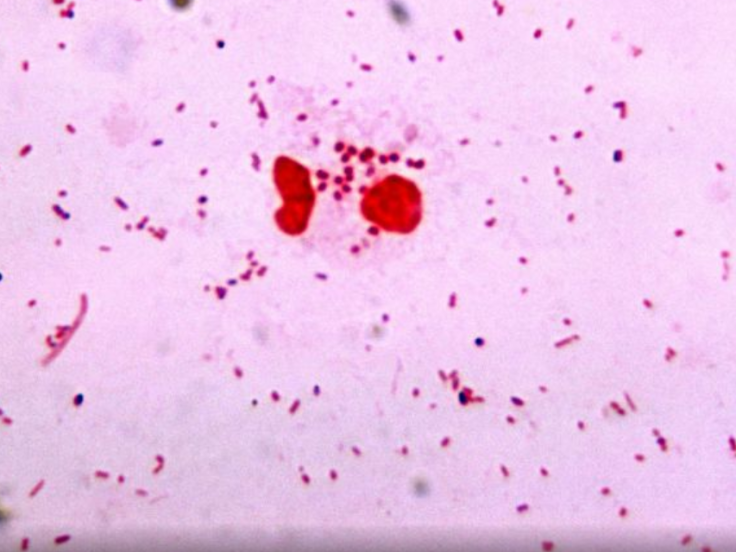Gonorrhea: Massachusetts Officials Announce Detection Of 'Concerning' New Strain
KEY POINTS
- The two reported cases are not connected to each other
- It's a 'reminder' that gonorrhea strains in the U.S. are becoming 'less responsive' to antibiotics
- 'The discovery...is a serious public health concern': Commissioner Margret Cooke
Health authorities in Massachusetts are reporting its first cases of a rather "concerning" gonorrhea strain. This also marks the first such detections in the U.S.
The strain was detected in a Massachusetts resident who displayed "reduced response" to various antibiotics, the state Department of Public Health (DPH) announced Thursday. Another case, meanwhile, had "genetic markers that indicate a similar drug response."
The cases are not said to be connected, and the DPH is already working to find out through contact tracing if others have been affected by the strain. It has also notified clinicians and laboratories to be aware of the new strain and is working with the U.S. Centers for Disease Control and Prevention (CDC) to test specimens from other patients.
Eventually, both cases were cured using ceftriaxone, which is the currently recommended treatment for it.
"This is the first time that resistance or reduced response to five classes of antibiotics has been identified in gonorrhea in the United States," the agency noted.
The strain, however, has been seen before in the U.K. and the Asia-Pacific. A common genetic marker in the two Massachusetts cases has also been observed in a Nevada case before.
This is an "important reminder" of how the gonorrhea strains in the U.S. are becoming more resistant and "less responsive" to antibiotics, the DPH said.
Department of Public Health announces first cases of concerning gonorrhea strain: https://t.co/SzICQvvzQX pic.twitter.com/YJMdVeEYer
— Mass. Public Health (@MassDPH) January 19, 2023
Indeed, health authorities have long been wary of the growing problem of antibiotic resistance. Gonorrhea, for instance, has "progressively" been developing resistance to the antibiotics used to treat it.
"Following the spread of gonococcal fluoroquinolone resistance, the cephalosporin antibiotics have been the foundation of recommended treatment for gonorrhea," noted the CDC.
Ceftriaxone, the antibiotic used to treat the two cases in Massachusetts, is a cephalosporin antibiotic.
"The emergence of cephalosporin-resistant gonorrhea would significantly complicate the ability of providers to treat gonorrhea successfully, since we have few antibiotic options left that are simple, well-studied, well-tolerated and highly effective," the agency added.
This is especially concerning with the rise of sexually transmitted diseases (STDs) in the U.S., particularly amid the pandemic. In the case of gonorrhea, it was the second most common STD in 2020, with more than 677,000 reported cases.
STD cases continued to climb in 2021. In Massachusetts, cases have increased by more than 300% since the record low in 2009, according to the DPH.
Gonorrhea can be contracted by having sex with someone who has it. Although it typically has no symptoms, it can still lead to serious issues if it's left untreated. An added problem is, as mentioned, the fact that it's getting harder to treat because of the increasing threat of drug-resistant gonorrhea.
"The discovery of this strain of gonorrhea is a serious public health concern which DPH, the CDC, and other health departments have been vigilant about detecting in the US," Public Health Commissioner Margret Cooke said in the DPH release. "We urge all sexually active people to be regularly tested for sexually transmitted infections and to consider reducing the number of their sexual partners and increasing their use of condoms when having sex."

© Copyright IBTimes 2024. All rights reserved.






















